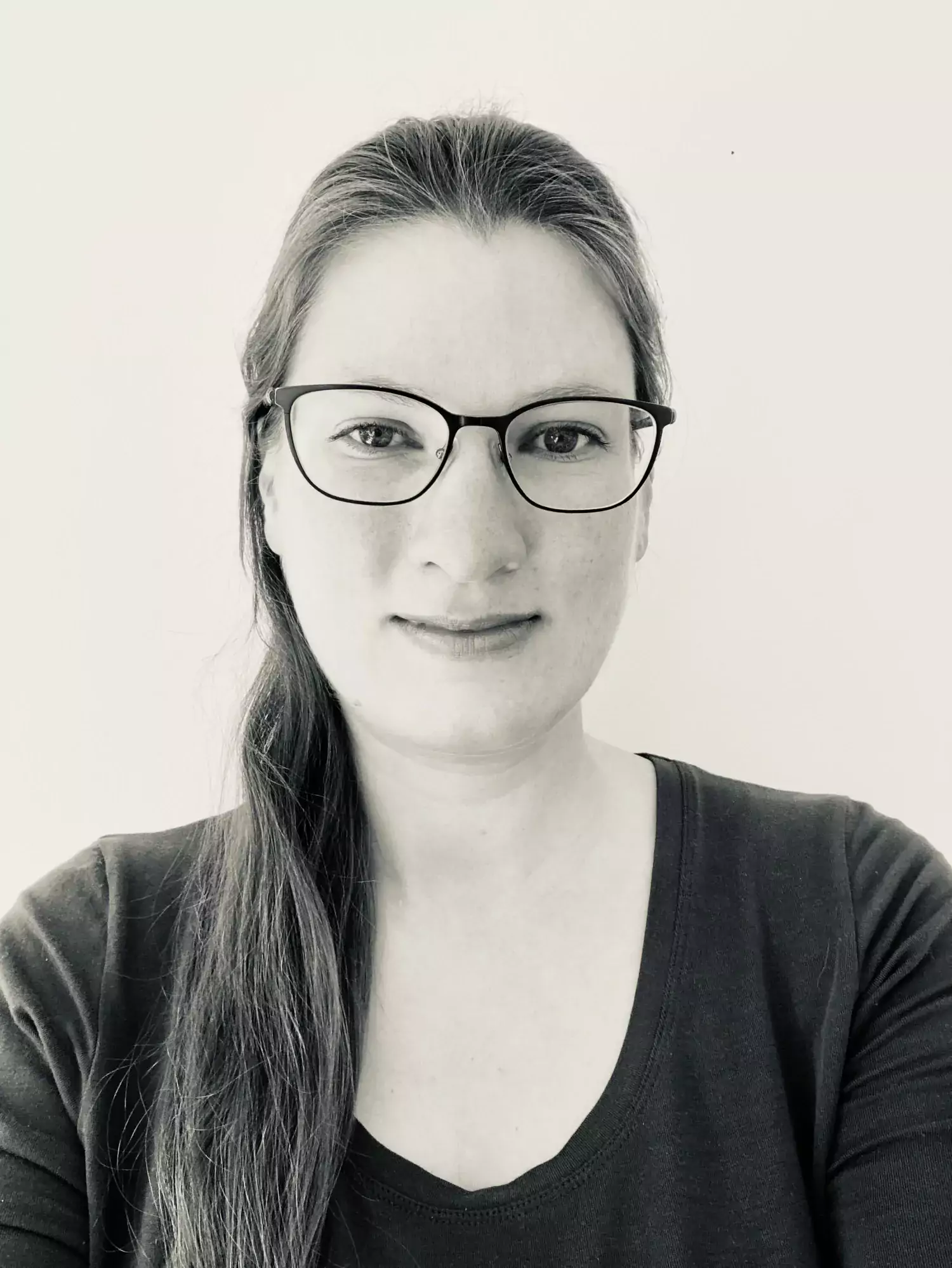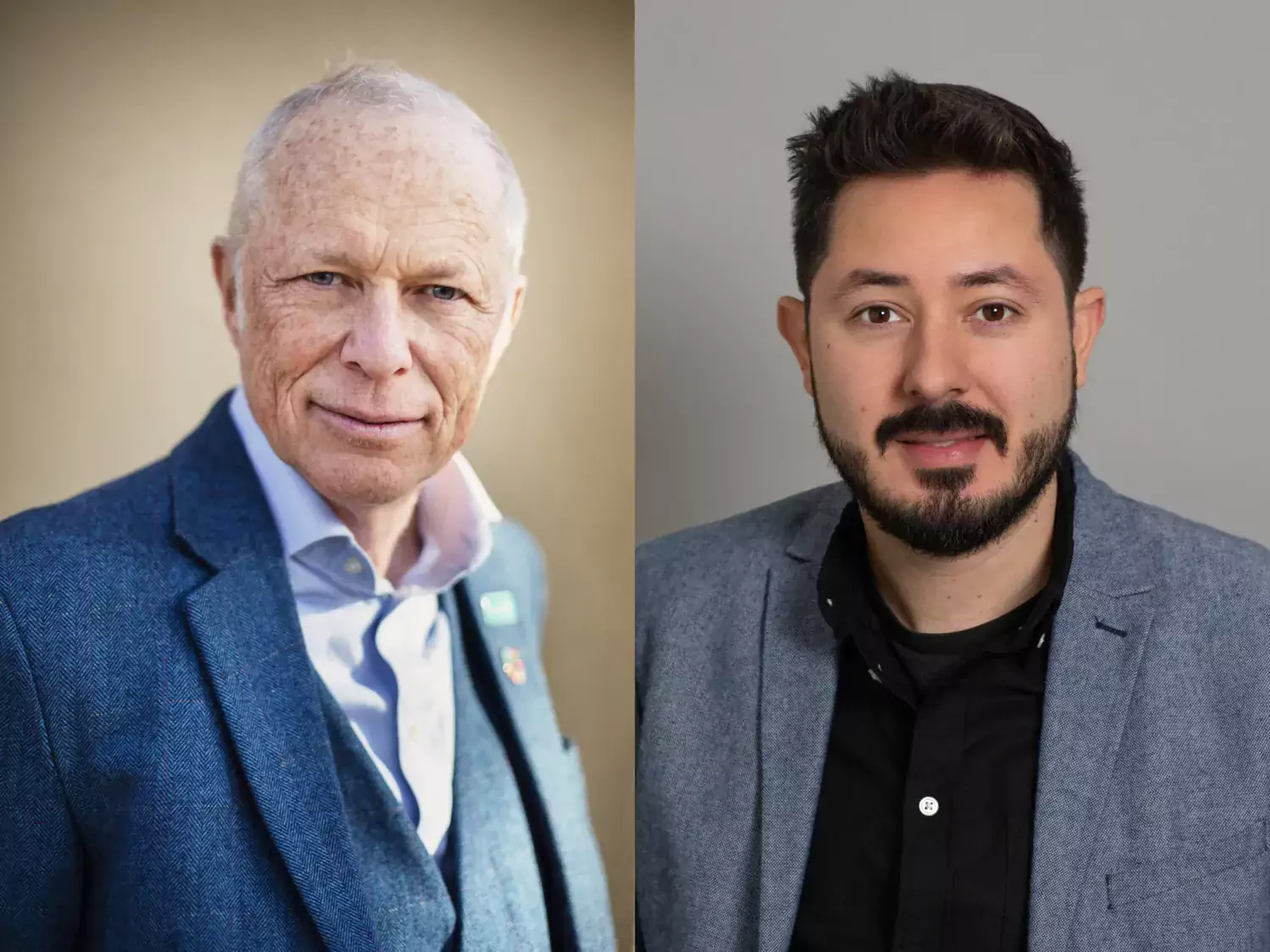Method of improving young people’s wellbeing tested in more cities

According to UNICEF, approximately one in five young people suffer from mental health issues, which in turn often leads to risk-taking with alcohol, tobacco and drugs. In the long run, it can cause lifelong health impairments in adulthood. In a three-year project coordinated by Karolinska Institutet, a method used to improve young people’s wellbeing in India, Kenya, the U.S. and Colombia is being evaluated to see if it can work in other parts of the world.
Mental illness among the young is on the rise around the world, and is often accompanied by problems of dependency and addiction. Risk behaviour with alcohol, tobacco and drugs is often established at an early age, so to prevent ill-health in adulthood, intervention must start early.
In 2017, cities-rise.org developed a method based on the idea of peer help among young people, and while it has proved quite popular, it has not been evaluated from a public health perspective. This is something that researchers from the Department of Global Public Health (GPH) at KI now intend to put right, along with colleagues from Finland, Kenya, the U.S., Belgium, India, South Africa and the U.K.
Collaboration between youths and researchers

“Many previous youth initiatives for better mental health have failed to attain any lasting large-scale effect,” says Carina King, principal researcher at the Department of Global Public Health (GPH), KI. “CitiesRISE have been working with a popular method in schools and other places frequented by young people, such as youth clubs. What makes it unique is that young people are the drivers of the method and probably crucially instrumental in its success.”
The research group, which has been awarded EUR 3.7 million for the project, will be evaluating the effectiveness of the method by comparing the mental health of young schoolgoers in the Indian city of Chennai, where the method is used, with their peers in schools where it is not. They will also be testing the method in Nairobi in Kenya, Cape Town in South Africa and Stockholm in Sweden to see if it can work in other environments. Further, the researchers will be evaluating the method’s effect on risk-taking as well as mental health.
“The project is based on a youth-driven approach, which means that the young people play a critical part in developing the method under the guidance of the research group,” says Professor Stefan Swartling Peterson from GPH. “They will also be cooperating with us researchers on evaluating the model.”
Leading role for KI

The project, which goes under the acronym YIPEE (Youth Co-production For Sustainable Engagement and Empowerment in Health), is part of the EU’s Horizon programme. As coordinator, KI has been in charge of the application and assembling the multinational team, and will have responsibility for coordination, grant management and evaluation during the project.
“There are many advantages to working with a multinational team consisting of academics and the young people themselves,” says doctoral student Jhon Álvarez Ahlgren at the same department. “This helps to contextualise the study in both an international and cultural perspective.”
